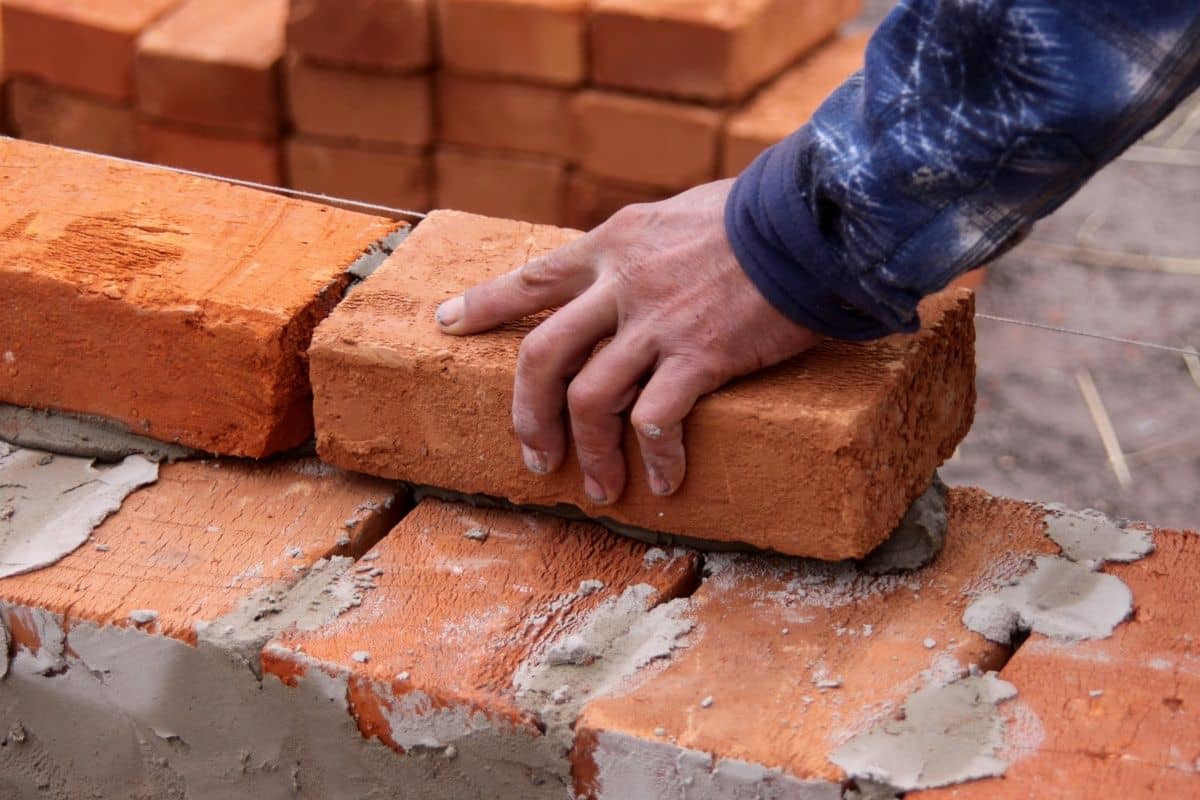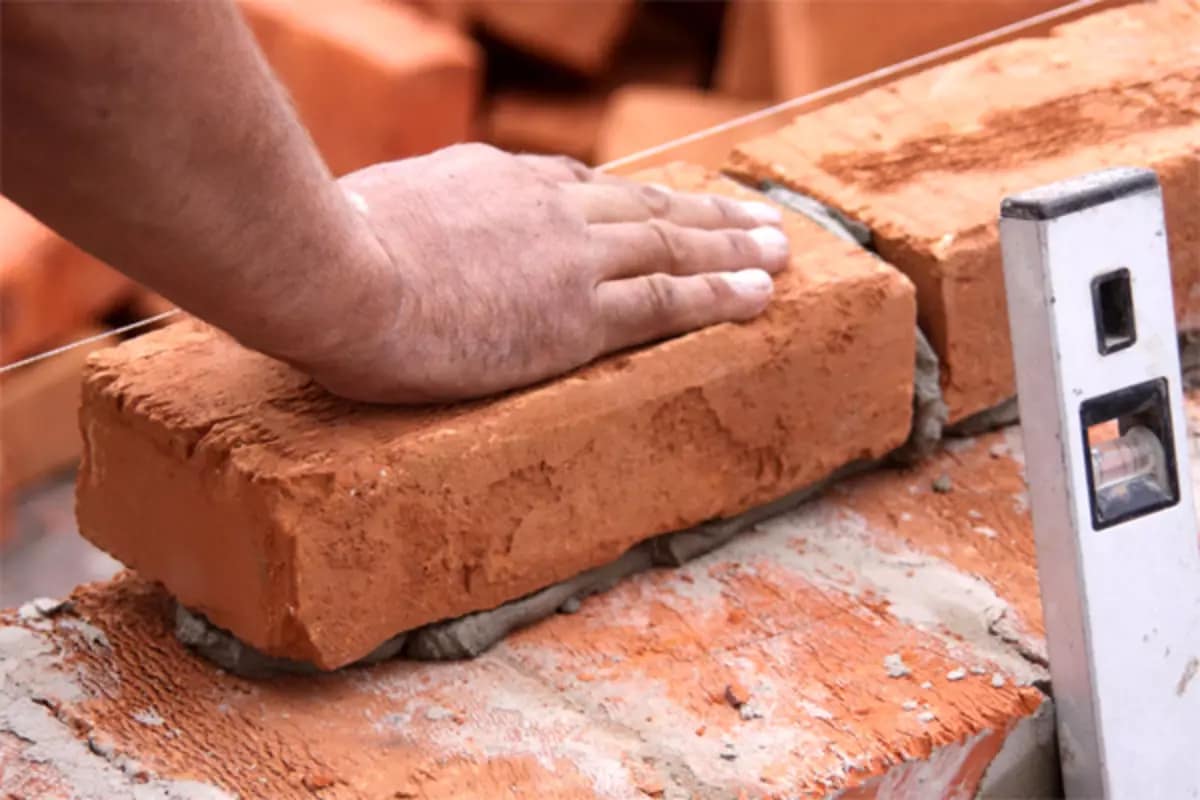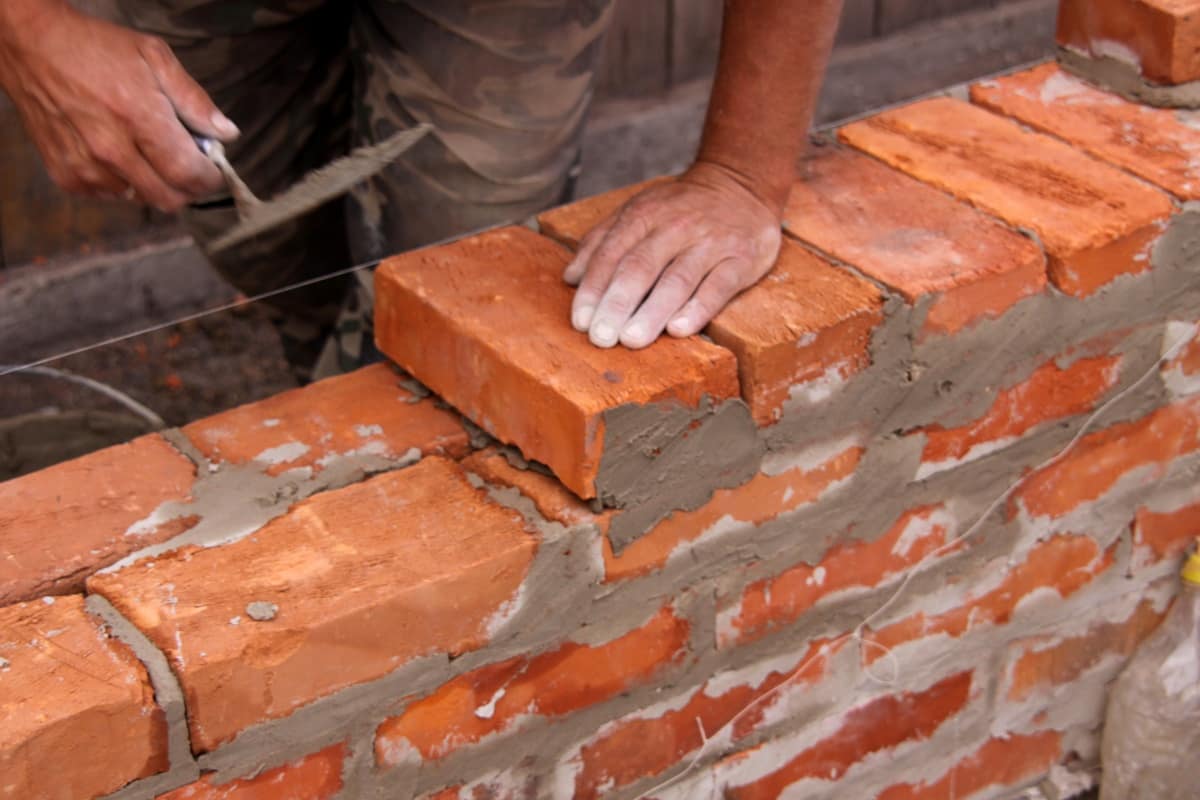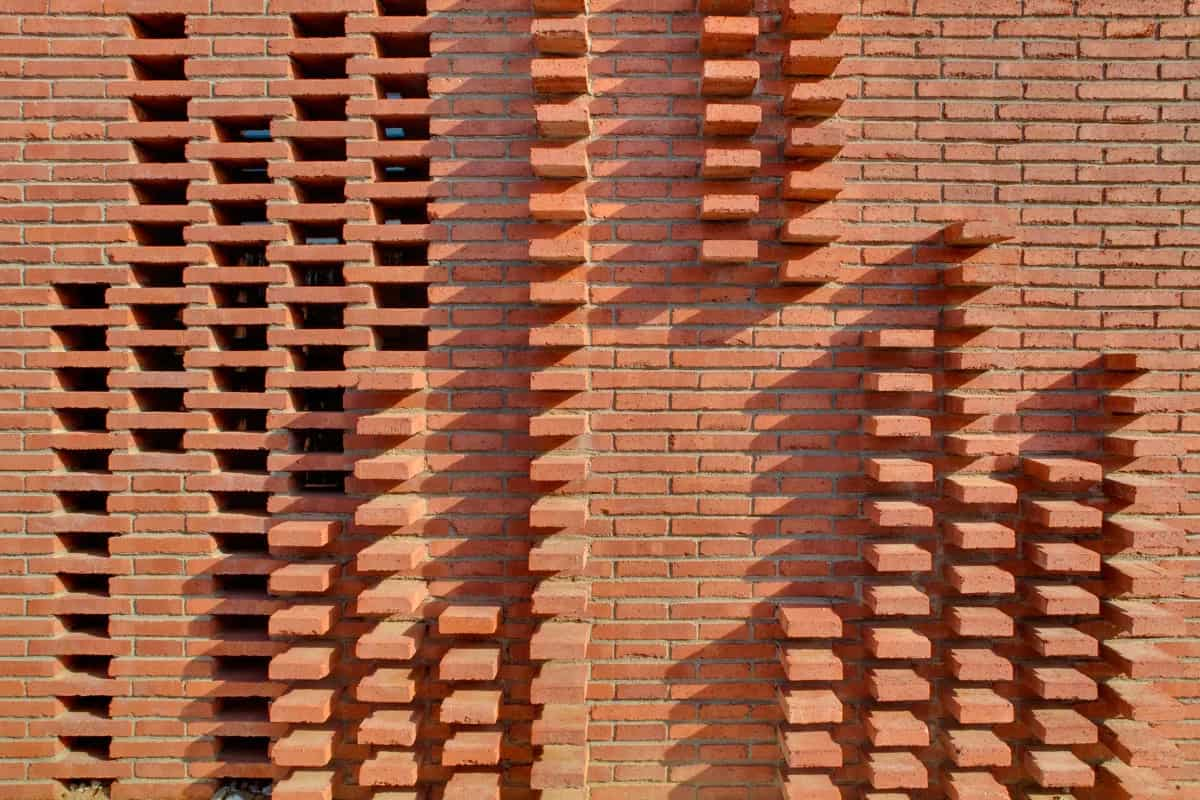An engineering brick is considered the most practical brick used in the construction of buildings due to its enhanced performance.
Read on to learn more about this brick.
Engineering Brick
An engineering brick is the favourite choice of brick for many engineers since it absorbs almost no water and has high compressive power.
Engineering bricks are only classified by their physical traits rather than their looks.
Engineers prefer these bricks for structures where they need crude strength and strong resistance to environmental effects like humidity.
All in all, they serve a more functional purpose than enhancing the appearance of a structure.
These qualities of engineering bricks make them ideal for shafts, tunnels, retaining walls, and generally walls in humid regions.

Engineering Brick Features
Speaking of the features of Engineering bricks, it should be mentioned that there are technically two different classes of this type of brick.
The first Class also referred to as Class A engineering brick, has greater compressive strength.
| Title | Description |
| Types | Class A and B |
| Advantages | High Compressive Power |
| Superiority | Humidity Resistance |
| Warning | Should have Low Water Absorption |
These bricks can withstand 125N/mm² and have a low rate of water absorption, somewhere around 4 or 5 percent.
Class B engineering brick, however, could withstand a force of 75N/mm².
In terms of its resistance to humidity, Class B engineering bricks have less than a 7% water absorption rate, which is a fair score.
You can use either of these varieties depending on your budget and the applications these bricks are going to be used for.

Buy Engineering Brick
As we already said, an engineering brick is designed for applications where compressive strength and low water absorption are of paramount importance.
Therefore, it is a good idea to buy these bricks for such purposes, but still, you will need to consider a few tips.
Consider the size and the number of bricks you will need and only then arrange your order.
Make sure the bricks are sold by reliable stores and companies so that their quality wouldn't be a concern.
Check to see if all bricks are in the same size and shape; quality bricks by renowned companies have this quality.

Engineering Brick Price + Buy and Sell
The price of engineering bricks can be determined by many factors, the most important of which are the grade quality and the reputation of the manufacturers.
An engineering brick has a wide array of applications and therefore when there is an increase in demand, prices could go high as well.
Currently, you can buy Class B engineering bricks at varying prices, ranging from $520 to $560 per pack of 380.
But if you are looking for lower prices and better alternatives, we suggest you contact our experts.
They are ready to help you find the best suppliers of bricks, who are willing to offer crazy deals.
Feel free to contact our experts at any given time.

The Answer to Two Questions About Engineering Brick
1: What do you use engineering bricks for?
Civil engineers used them because they were water- and frost-resistant. Groundworks, manholes, sewers, retaining walls, and damp-proof courses use engineering bricks.
2: What are engineering bricks made of?
Extruded clay has 15% moisture. Engineering bricks use this. Wirecutting. Extruded clay with 20% moisture is sliced to thickness with tensioned wires.
